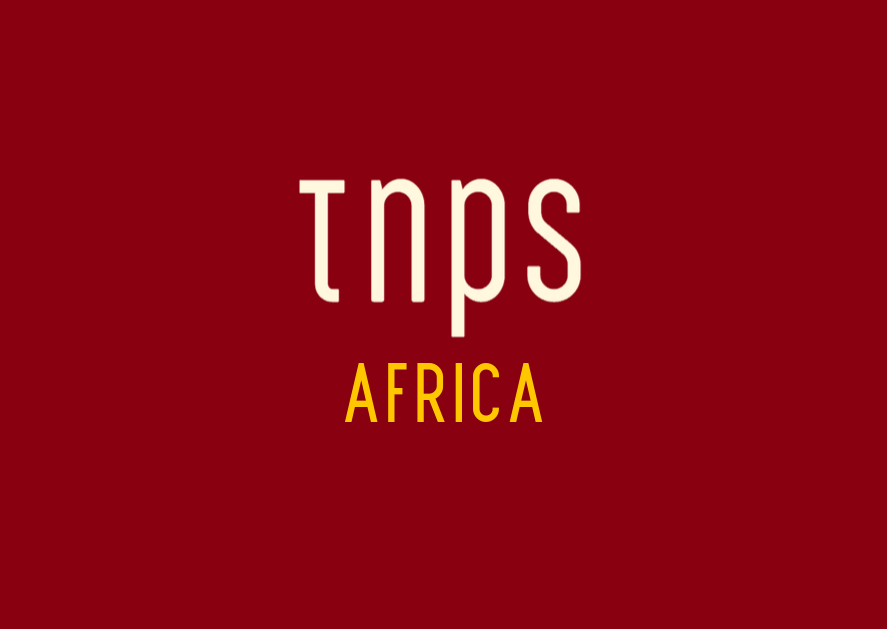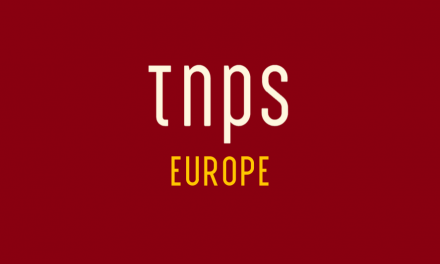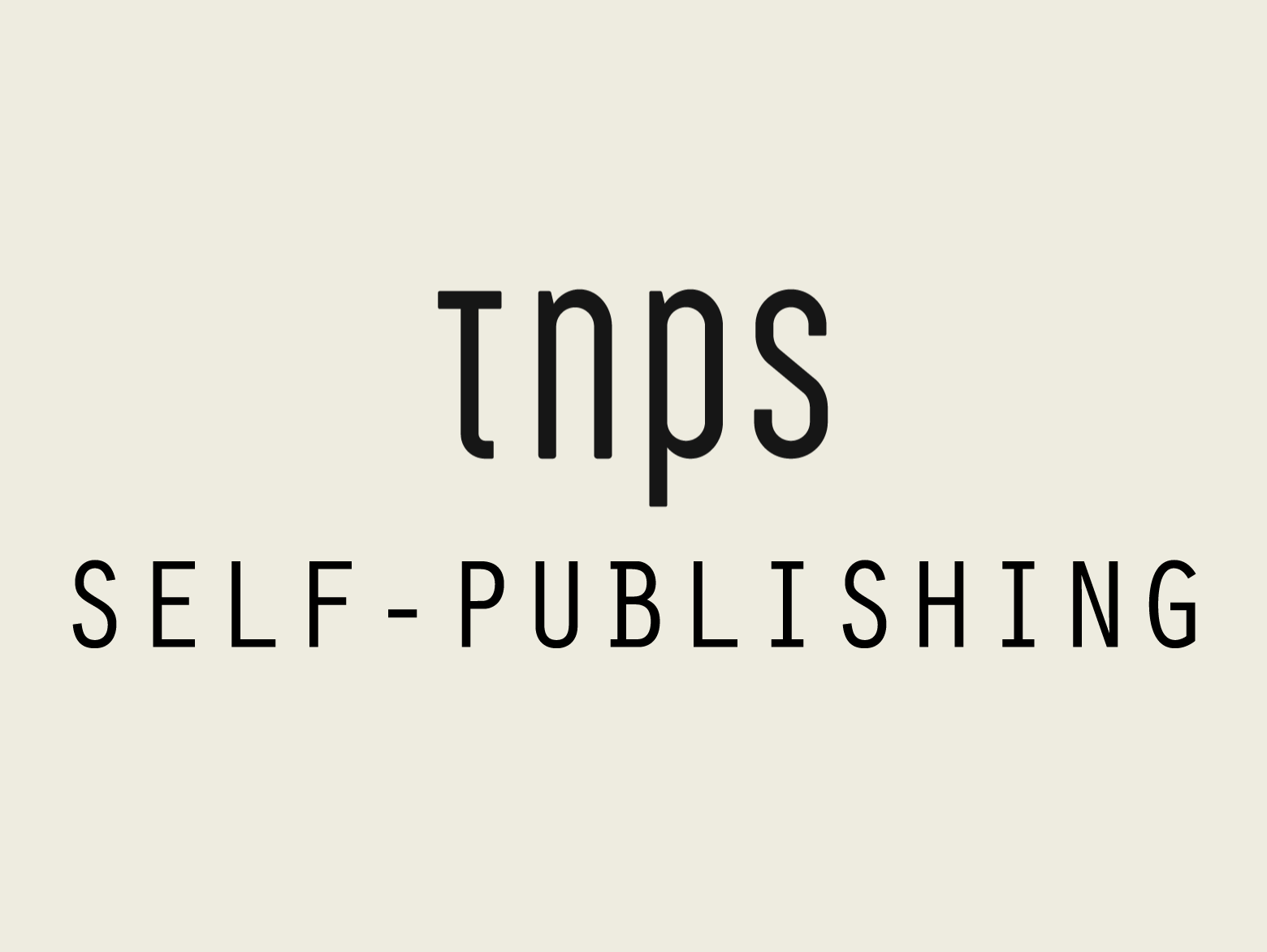Four years after winning the Man Booker Prize, novelist Marlon James returns with a sweeping fantasy epic steeped in Pan-African history and folklore—and one of the most anticipated books of the year
Sadly the book will be widely unavailable in Africa.
But we all understand that. Penguin Random House is a publisher, not a distributor. No matter that this book from a Jamaican author and “steeped in Pan-African history and folklore” will have huge appeal across the African continent. The infrastructure simply isn’t in place to deliver books across the 5,000 miles (8.000 km) north to south and the 4,600 miles (7,400 km) east to west that is this vast continent.
Sure, readers in big cities in South Africa and a handful of other African countries may be able to get hold of the book, but for most readers on the continent it might as well not exist. And we all accept that. It’s not remotely economically viable to warehouse and distribute printed books across this massive continent to meet what in many areas will be limited demand.

The true size of Africa.
But hold on. Let’s run that last sentence again.
It’s not remotely economically viable to warehouse and distribute printed books across this vast continent to meet what in many areas will be limited demand.
But this is 2019, not 2000.
In the year 2000 there were just 4.5 million people online across the entire continent. And today Africa is still at only 35% internet penetration. No wonder publishers and ebook retailers aren’t bothering with ebooks for Africa
But that “only 35%” means there are already well over 450 million people online in Africa. Well, that’s the end 2017 number. The reality today may well be more than half a billion. We’ll find out soon when the 2018 numbers are totted up.
But let’s just lay those numbers out.
In Kenya alone there are (2017 numbers) 43 million people online.
That’s more internet users in Kenya than there are people in Canada.
That’s literally twice as many people online in Kenya as there are in Australia.
That’s more people online in Kenya than in Spain.
That’s four times as many people online in Kenya as in either Belgium, Sweden, Czech Republic, Hungary or Portugal.
That’s eight times as many internet users in Kenya as there are in either New Zealand, Bulgaria, Ireland or Denmark.
And that’s just Kenya.
Nigeria started this century with 200,000 people online. By end 2017 Nigeria was the 8th largest country on the planet by internet users, with 98 million people online. That’s more than Italy. Or France. Or the UK. Or Germany. Nigeria has more than twice the internet users Spain or Argentina has.
Thirteen African countries have more than 20 million internet users. That’s each an online market bigger than the Netherlands and on par with or bigger than Australia.
Over twenty African countries have digital populations bigger than New Zealand, Finland or Denmark..
It’s a safe bet the Marlon James book will be available as an ebook in Spain, Italy, France, UK, Germany, Australia and New Zealand.
In Nigeria? Uganda? Ghana? Malawi? Cameroon? Cote d’Ivoire? Egypt?
Well, we all know the answer to that one.
How can this even be thinkable in 2019, when there are more people online in Africa than in North America? More people online in Africa than in Latin America? More people online in Africa than in the EU?
This is not a jibe at Penguin Random House. As I said at the outset, PRH is a publisher, not a distributor.
That said, the territorial rights publishers assign to books in part determines the distribution infrastructure that evolves.
But the real problem lies in the indifference to the Africa continent of the supposedly global ebook distributors that created the “ebook revolution.”
Amazon hasn’t a single Kindle store on the continent. In much of Africa the Kindle store isn’t even visible, and where it is, and if the ebook is available in that territory, readers are asked to pay surcharges on the list price, nothing of which goes to the author or publisher.
Apple hasn’t a single ebook store in Africa other than selling public domain titles.
Google Play has only two stores on the continent – South Africa and Egypt.
Kobo is in theory available, but at US prices from the US store, other than a localised presence in South Africa.
Isn’t it beyond crazy that, as we prepare to say goodbye to the second decade of the twenty-first century, “one of the most anticipated books of the year”, written by a Jamaican author and set in Africa, will be widely unavailable on a continent with almost a half billion internet users?





